When it comes to choosing the right dog for you and your family, there are a lot of things to consider. Not only is there the process of selecting a breed that’s best suited for your lifestyle, but there’s also cost to consider.
While healthy, purebred puppies are often a little pricier than your shelter dogs, they can become even more costly if they turn out to be unhealthy.

There are several important things to look for – such as health-tested parents from respectable breeders. When you narrow down your breed selection, you can learn more about the health issues within the breed and search for breeders who are open and honest about their dogs and puppies.
The second thing to remember is that health also depends on you. If you don’t offer proper nutrition, keep your dogs at a healthy weight, and provide enough mental and physical exercise, you’re going to see health problems that are unrelated to breed. That said, if you’re looking to find a dog that takes fewer trips to the veterinarian, these breeds might be for you.
#1 – Airedale Terrier

The Airedale is the largest of the terriers, originally bred to hunt otter but also used as a police and guard dog.They are active and strong-willed, often aggressive toward other dogs and animals because of their terrier background. They are independent dogs but enjoy spending time with their families and are known for being very friendly dogs. They are prone to hip dysplasia, skin disorders and eye issues but these ailments are only occasionally seen.
#2 – Anatolian Shepherd
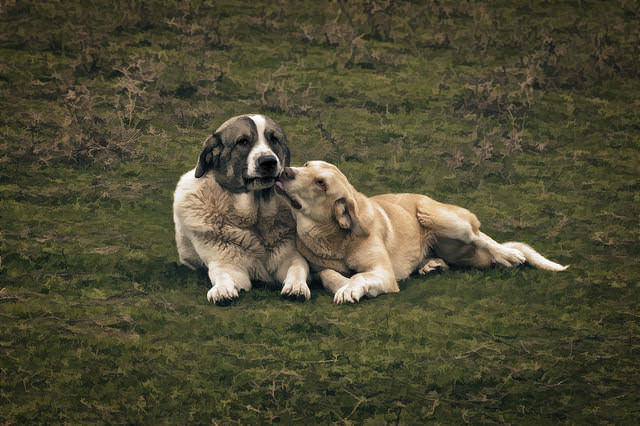
The Anatolian Shepherd is a large, powerful livestock guardian. This breed is wary of strangers and deeply loyal to their families, so care must be taken when introducing your Anatolian to new people. They are agile despite their size but need only moderate exercise. They will protect property and livestock courageously. For such a large breed, they are very healthy and only rarely suffer from hip dysplasia and dermatologic ailments.
#3 – Australian Kelpie
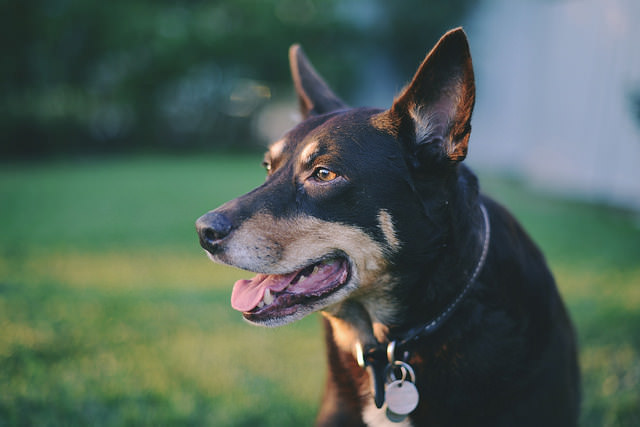
Australian Kelpies are bred almost exclusively as working dogs and therefore need a job to do in order to make a happy companion. They are used as sheep herding dogs, although they do excel in sports such as agility and obedience. They are very active and intelligent and because they are bred solely for working ability, they are one of the healthiest breeds. Hip dysplasia can occur, but is seen very rarely.
#4 – Belgian Malinois

Another breed being bred almost exclusively for working ability, the Belgian Malinois also has very few health problems. Depending on the bloodline, you’ll likely find dogs without any health issues at all. This is because breeding the dogs for their working ability eliminates any health issues that would impede their work. These dogs are the most widely used breed for military and law enforcement. They can make active companions, but need a job to do.
#5 – Chinook
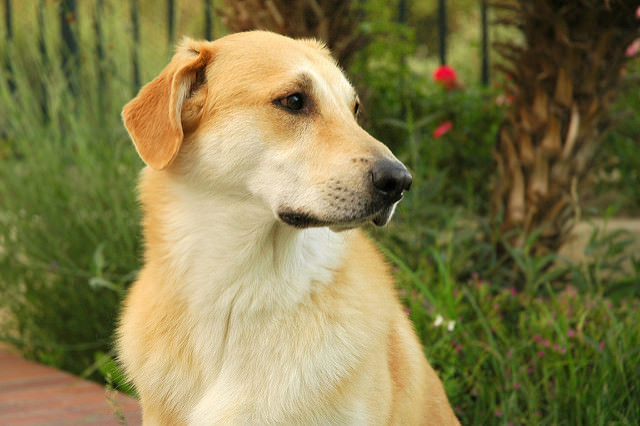
The Chinook is a rare breed of sled dog developed in New Hampshire. They are very affectionate dogs that do well with people of all ages, including very young children. Their health issues are limited to occasional hip dysplasia and epilepsy. Despite the breed’s size and working ability, they require only moderate exercise. That said, they make excellent active companions, especially for outdoor adventures.
#6 – Fox Terrier – Smooth & Wire
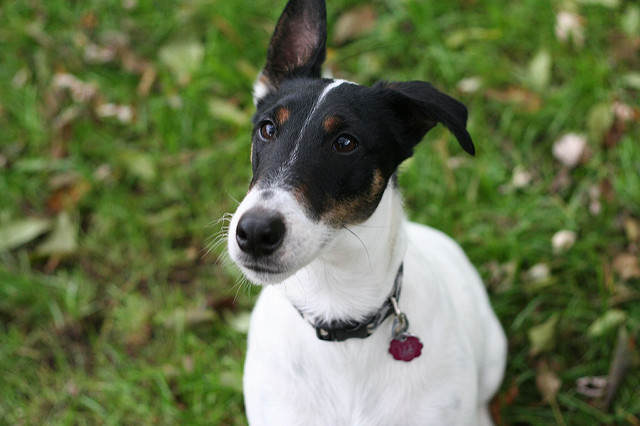
Both the Smooth and Wirehaired Fox Terriers are included together here, although they are two separate breeds. They are very similar, one having a short, smooth coat and the other a longer, wirey one. They are small to medium sized dogs that are very active and intelligent and due to their terrier heritage, they should not be trusted around other dogs or small animals. They are susceptible to some health issues such as myasthenia gravis and megaesophogus, although these conditions are rare.
#7 – Pharaoh Hound
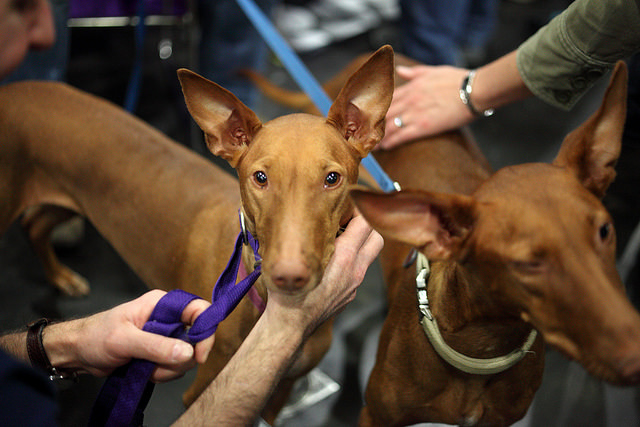
This sighthound is a beautiful, active breed originally bred for hunting. Despite their heritage, they don’t need many miles of running a day to stay happy, but they must have an adequate outlet for their quick sprints. They are sweet, sensitive dogs that can also be found curling up in their favorite spot on the couch or in a soft blanket. Pharaoh Hounds are quite rare and unpopular, so their dedicated breeders have taken great care to eradicate hereditary diseases. They’ve done a great job, leaving the Pharaoh Hounds as one of the healthiest breeds.
#8 – Siberian Husky

Siberian Huskies are a popular breed despite being ill-suited for many owners. These dogs are very active and need ample amounts of mental and physical exercise to remain docile members of the household. This breed has a low incidence of hip dysplasia, although they are prone to genetic epilepsy and eye disorders. That said, regular health testing by breeders have kept these conditions at bay.
#9 – Welsh Corgi – Cardigan & Pembroke

The Cardigan and Pembroke Welsh Corgis are two separate breeds, but they do have very similar traits, especially in the health department. Despite their size, both breeds are very active dogs that require adequate exercise less they become bored and destructive. They are very social and enjoy spending time with their families and meeting new friends. The Pembroke Welsh Corgi is at a higher risk of eye disorders, although both breeds can be affected. These conditions are rare, however, as are the other genetic issues seen in other dogs.
Featured Image Credit: Donn Gunn via Flickr
 Toledo, United States.
Toledo, United States.